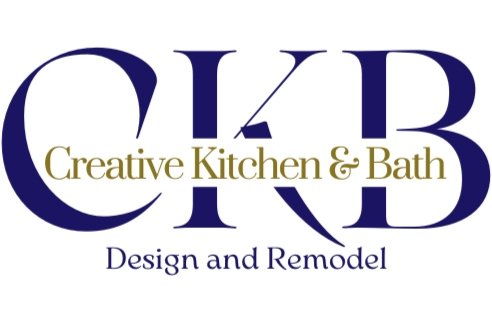Why Am I Expected To Pay for Construction Materials Upfront?
Q: Why Am I Expected To Pay for Construction Materials Upfront? Can’t the Contractor Afford it?————————————————————————————————————
A: This is a very hot topic on the Next Door app, and understandably so as it’s a lot of money for anyone to just fork out.
Yes, most reputable contractor’s could pay for your materials upfront. But just because they ‘could’ doesn’t mean they ‘should’. Why? Because that will cut into their cash flow and ultimately cripple their business. How?
YOU are not our only client. We have multiple clients in all different stages of construction, with purchased materials in excess of hundreds of thousands of dollars.
We also have bills. We have to maintain an office and staff, pay for utilities, trucks, tools, insurance, storage, rentals, and site labor.
We are professionals, not credit card companies. Think about it this way—you want to make a cake so you go to the grocery store to get the ingredients. At check out, you ask the manager if you can pay for these items once you’ve made and eaten the cake. Unless it’s the 1800s at the General Store, the manager would laugh. Obviously, the grocery store could afford to put your items on a tab/credit. But what if everyone did that? Then they’d go broke very quickly. When you purchase those items before they are used, it allows their business to function as a whole—all the various stages of running store i.e. to restock shelves, pay wages, insurance, and keep the store open with lights, etc. Now, imagine this with extremely expensive building materials and ordering custom items. It’s the same principal. When you want materials for your project, you must pay for them at the time you purchase them, otherwise you can’t afford it OR you have arranged some type of 3rd party credit card or loan.
“I’m afraid to put down such large amounts of money because I’ve heard horror stories of contractors running off with people’s money and they never see it again.”
This is a very natural fear to have when parting with such large sums of money. However, that is where your contract serves to protect you legally. Also, choosing a reputable contractor is key as well. You pay for what you get, good contractors know their worth and mostly likely aren’t the cheapest option. Social media, Google reviews, Next Door app, and asking around can be great ways to make your search for a reputable contractor much easier.
At CKB, we are very professional and aware that your money is precious. We always take your initial deposit/payment and place into an Escrow Account. As we start to purchase items for your project we pull from that Escrow Account, as we need it. Your deposit doesn’t go into a regular bank account as profit, it is kept safe and separate with a clear plan to protect your funds for project.
“How would I know if I could actually afford to renovate my home?”
Construction projects rarely come in at or below budget, for various reasons. But, when a good contractor does gives you a quote, their quote should be as close to that number as possible (notwithstanding any surprises or emergency situations).
“So how do reputable Contractors, Designers & Architects break down payments?”
Of course everyone is different, but generally speaking (we at CKB) break it down into thirds:
1st payment - Covers a good majority of materials (and in most cases not all).
2nd payment - Covers a good majority of labor and any additional materials.
3rd payment - Covers any extra labor needed, extra materials, any up-charges or unforeseen surprises on the job site. This is usually the Final payment.
“What if something happens, and I can’t continue the project?”
Most people willing to pull the trigger on such expensive renovations are very serious about conducting business. However, life can throw some interesting curveballs and a smart contractor includes a cancellation policy in your contract; This contract protects both the client and professional. Cancellations could be refunded minus the cost of goods purchased; most of the time materials cannot be sent back or they accrue huge shipping and restocking fees. If you are ordering cabinets or countertops, they’re almost impossible to return because those items are purchased specific to the dimensions & layout of your design. For example, imagine ordering a custom wedding cake and cancelling it on the day because you called off the wedding. It puts the baker in a very awkward situation financially for both materials and labor, and then they are left with how to get rid of this very specific cake, as they can’t resell it.
Summary—
A good contractor:
…could pay for your materials upfront, but financially it’s not wise for the fluidity and scope of their business.
…gives quotes that are as close to the final cost as possibly (minus any on site hiccups) so you have a good idea if you can afford to proceed with a clear cancellation policy should something happen.
…has a plan for your money to keep it safe during the project, has a clear and solid contract to protect both parties, and makes sure their payments are labeled clear to understand (in many cases broken down into thirds with the first payment/deposit for mostly materials, the second for mostly labor, and the third for anything remaining, upcharges and this is usually the final payment).
Let’s be honest, these aren’t signs of a good contractor, but a GREAT one.
We hope this provides some insight and understanding about contractors and how we do business. Let us know in the comments below.

